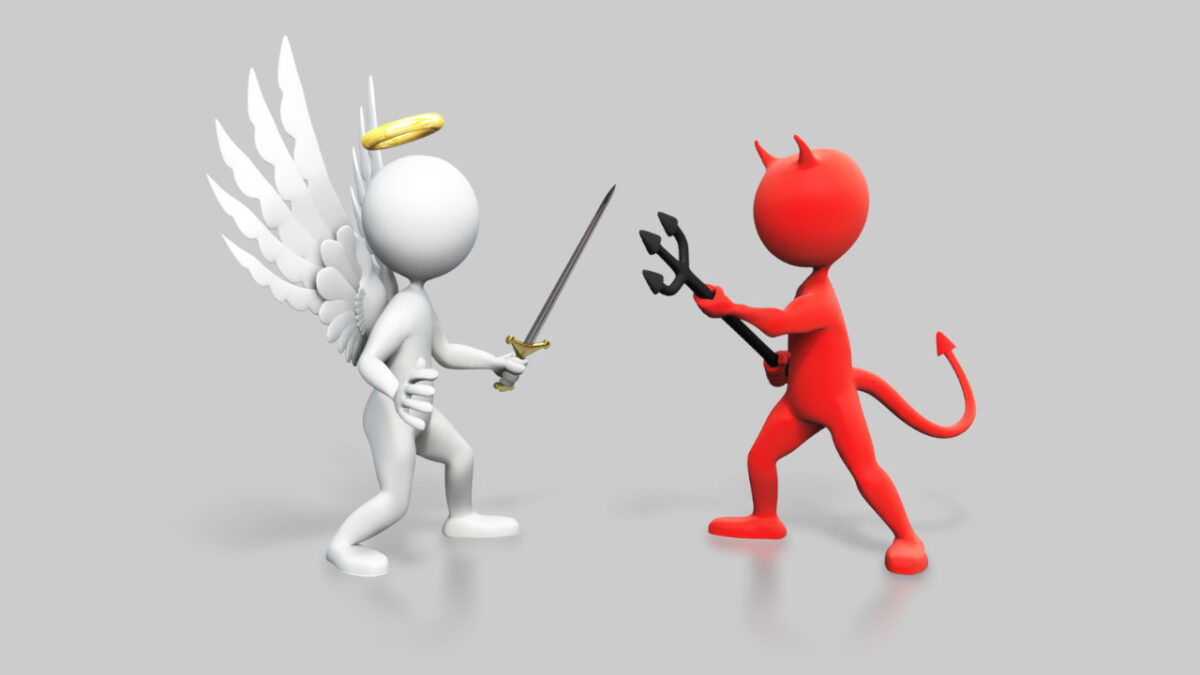Kevin Miller has in so many ways been a great supporter of much of what is good in our community. The Boise Mission and his support for local community joint ventures between government and the private sector in the fight against drugs and mental illness are just two examples of his commitment to Idahoans. Thank you, Kevin and all the people, who behind the scenes make Idaho special and are fighting to keep it special.
Issues surrounding drugs, gang violence, and social justice are not new. Social justice and Biblical justice are different species. I am struck by the “faux empathy and sympathy” and virtue signaling that surrounds these discussions. We today are seeing the results of the dislocation of the old paradigm of accountability and punishment as a “just desert” verses the progressive notion as punishment as rehabilitation. The mechanism of social justice exists only in the context of a moral predicate—Biblical and Natural Law. When grounded by such a predicate the measure of “equity” is publicly accessible. Grounded not in compassion that requires an action by an individual or society, vs empathy and sympathy that are mere feelings and are not necessarily based on a moral predicate, bad results are predictable. Look at crime and violence in our major cities today compared with just five years ago. The criminal thus becomes a means to an end. The sentence imposed by a judge is not just for the criminal’s sake but for “the good of all society”. Not for the sake of preserving justice and the deterrence of crime, but to create a new political community. Political experts—sociologists and psychologists replace Biblical and Natural Law and even Common Law principles with feelings and humanistic dogma. Punishment becomes severed from the concept of legal and moral equity and forgiveness and redemption but is connected to psychology and sociology.
In 1866 the Russian Novelist Fyodor Dostoevsky wrote his famous CRIME AND PUNISHMENT that explores the psychology of sin, guilt, forgiveness and redemption. The main character in the novel is Raskolnikov an indigent young intellectual (with a lifetime of student debt to pay off in Rubbles—just kidding) that believes himself to be “extraordinary” and not bound by the old moral code. He believes people are divided into two classes—ordinary and extraordinary. Ordinary people exist only to reproduce extraordinary people. “The vast mass of mankind is mere material…..existing for the crossing of races and stocks to bring the world one extraordinary person out of a thousand”. Extraordinary people play by a different set of rules from “ordinary people” who are characterized as being conservative and having a law-abiding disposition”. “Extraordinary people can transgress the law” The rule of law is applied differently to ordinary and extraordinary people. Sound familiar Hilary and Joe?
In my mind there is a connection to the moral law, criminal justice, and a solution to drug addiction. It must first be recognized that there is evil in the world and that the devil is a real force. Evil in all its’ forms must be confronted. Evil cannot be mitigated or medicated, or psychoanalyzed. The most successful substance abuse programs (alcohol and drugs including MJH) are based on asking for God’s forgiveness and accepting His Grace. Recidivism rates in such programs are three times to four times less than non-Biblically based programs. To address crime and punishment without addressing the underlying cause—evil, is folly.
In the story of Lazarus in John 11:1-44 the two sisters Mary and Martha first affirm their belief in Jesus before he proceeds to raise Lazarus from the dead. But before he does—my favorite and the shortest verse in the New Testament, “Jesus Wept” John 11:35. In Hebrew the translation means “bursting in silence”. Who did he “weep” for? Not Lazarus who he knew would soon be raised. He wept for the showy tears of non-believers. If ever there was a contrast of compassion compared to empathy and virtue signaling this, is it.
In my own life I have personally seen the devastating impact that drug addiction has had on members of my own family. Nobody is an extraordinary person and the only way to confront evil is to first profess one’s faith in God. With God’s help the evil of drug addiction and substance abuse can be overcome. Without it the chances are slim. I will continue to support and contribute to Christian based programs that are based on a belief in God. Our legal system and all of society need to recognize the futility of addressing these issues without embracing Biblical, Natural Law, and Common Law principles.
Jesus was able to raise Lazarus from the “dead” because he and his two sisters believed and asked Jesus to perform a miracle. For those fighting to get out from under the yoke of addiction, they too can be “raised” from their personal hell on earth. Believe—repent—ask. “It shall be given”


